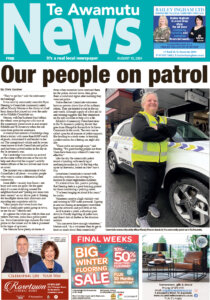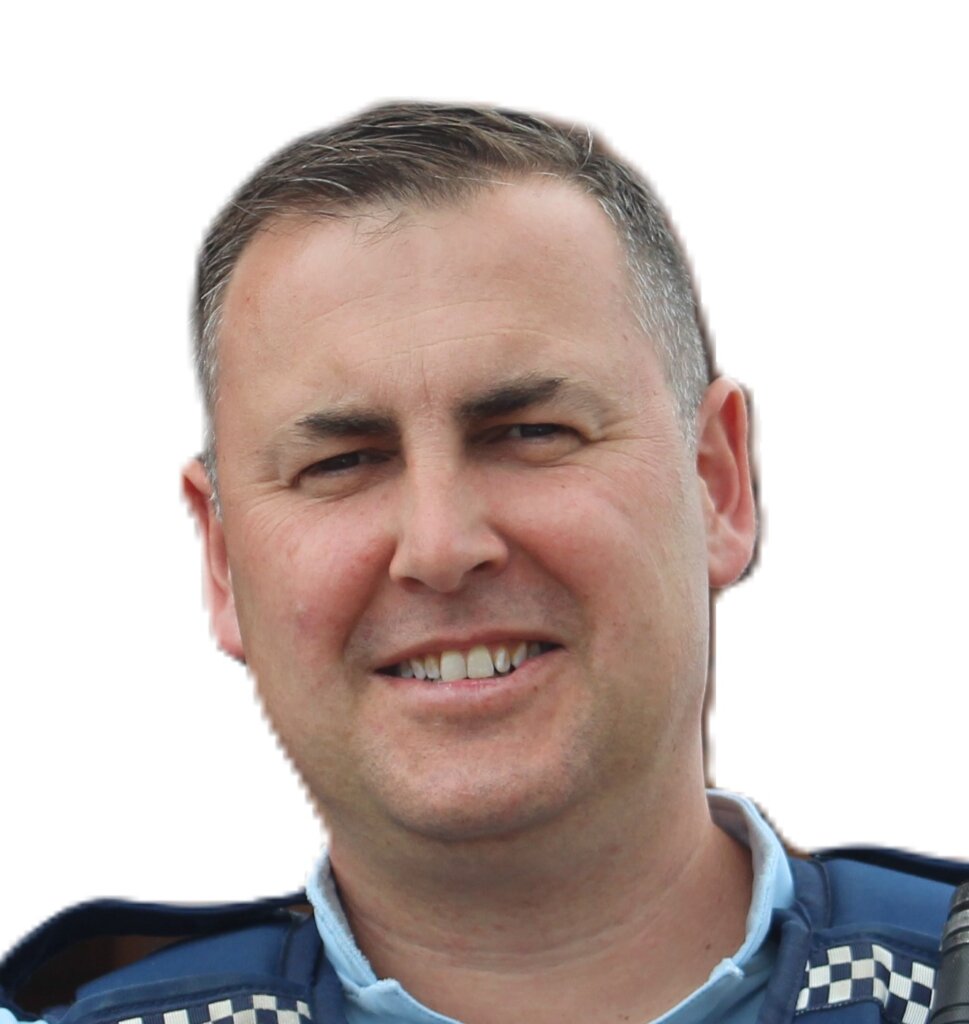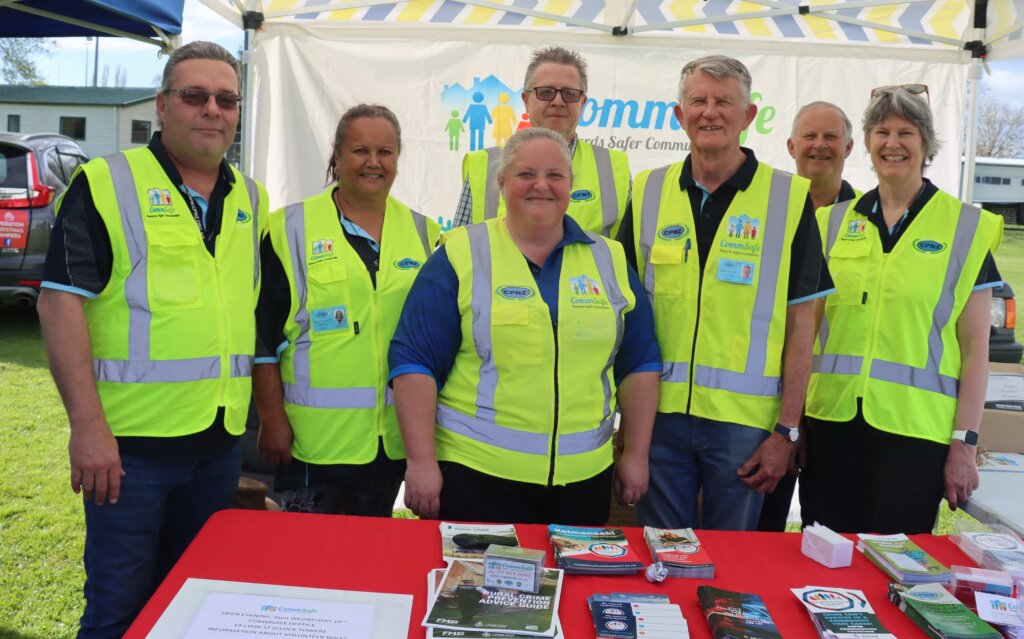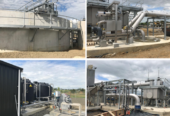“They’ve got her,” said the celebratory text message.

Te Awamutu News 15 August 2024
It was sent by community constable Ryan Fleming to CommSafe community safety officer Mandy Merson at the climax of a half hour drama that played out over the radio of the Kihikihi CommSafe car.
Merson, with her husband Paul behind the wheel, were giving me a tiki tour of the community patrol route in and around Kihikihi and Te Awamutu when the call came from police for assistance.
A woman had entered a Cambridge shop, filled a trolley with more than $1000 worth of goods, abandoned it and headed to her car. The unregistered vehicle and its owner were known to both CommSafe and police and had been spotted earlier in the day in the Te Awamutu area.
The Cambridge CommSafe car arrived on the scene within minutes of the call for help and observed the suspect’s activity before officers of the law arrived and made an arrest.

Ryan Fleming
The incident was a microcosm of what CommSafe is all about – everyday people who want to make a difference in their community.
Some shifts – usually four hours – are busy and some are quiet. On the quiet days it’s a case of driving around the neighbourhood and “poking our noses into dark corners” as our driver puts it. Shining the headlights down dark alleyways and reporting any suspicious activity.
“Most people don’t even know that there’s a community patrol group in town, or see the car,” Merson said.
At a glance the white car, with its blue and yellow chevrons, looks like a police patrol car. But a CommSafe logo replaces the word police on the bonnet and its side is plastered in the logos of sponsors.
The Mersons have plenty of stories of times when motorists have confused them for the police, slowed down, then given them a rude hand signal after realising they were not police.
Police-checked CommSafe volunteers have no powers above that of the ordinary citizen. They are briefed to stay in the car and watch, although supply of a first aid kit and training suggests that they disembark on the odd occasion to help save a life.

The Commsafe team. From left, Paul Merson, Donna Gregory, Mandy Merson, Wybe de Jong, John Graham, Andrew Guest and Julie Guest. Photo: Jeremy Smith.
Kihikihi’s Community Patrol beat takes in the Te Awamutu policing district that goes from Ōhaupō in the north to Te Kawa Crossroads in the south. The crew can be called upon for all manner of police support, like heading to a crash scene, or forming a police cordon for a fleeing car, night and day.
“There just is not enough cops,” said Fleming. “It’s good having people out there. There have been days where it’s been very effective.”
Like the day the community patrol found a handbag with nearly 4g of methamphetamine in it. Or the dog who, upset by fireworks, bolted on New Year’s Eve.

CommSafe community safety officer Mandy Merson.
Sometimes CommSafe is tasked with collecting evidence, like driving by a location to collect registration numbers.
It’s a kind of low risk, passive policing, that Fleming feels is a good training ground for those considering a policing career.
“I’ve been banging on about it for years,” he smiles.
Volunteers receive a high visibility vest and training in VHF radio protocols. Signing in and out during an emergency elsewhere hogs the airwaves and puts lives at risk.
As if to make a point, a situation goes down in Huntly requiring all police cars, and there’s lots of chatter as the situation unfolds.
“You can never have enough volunteers,” Merson said. “As a volunteer they do get to learn so much about their community.”

Mandy Merson








